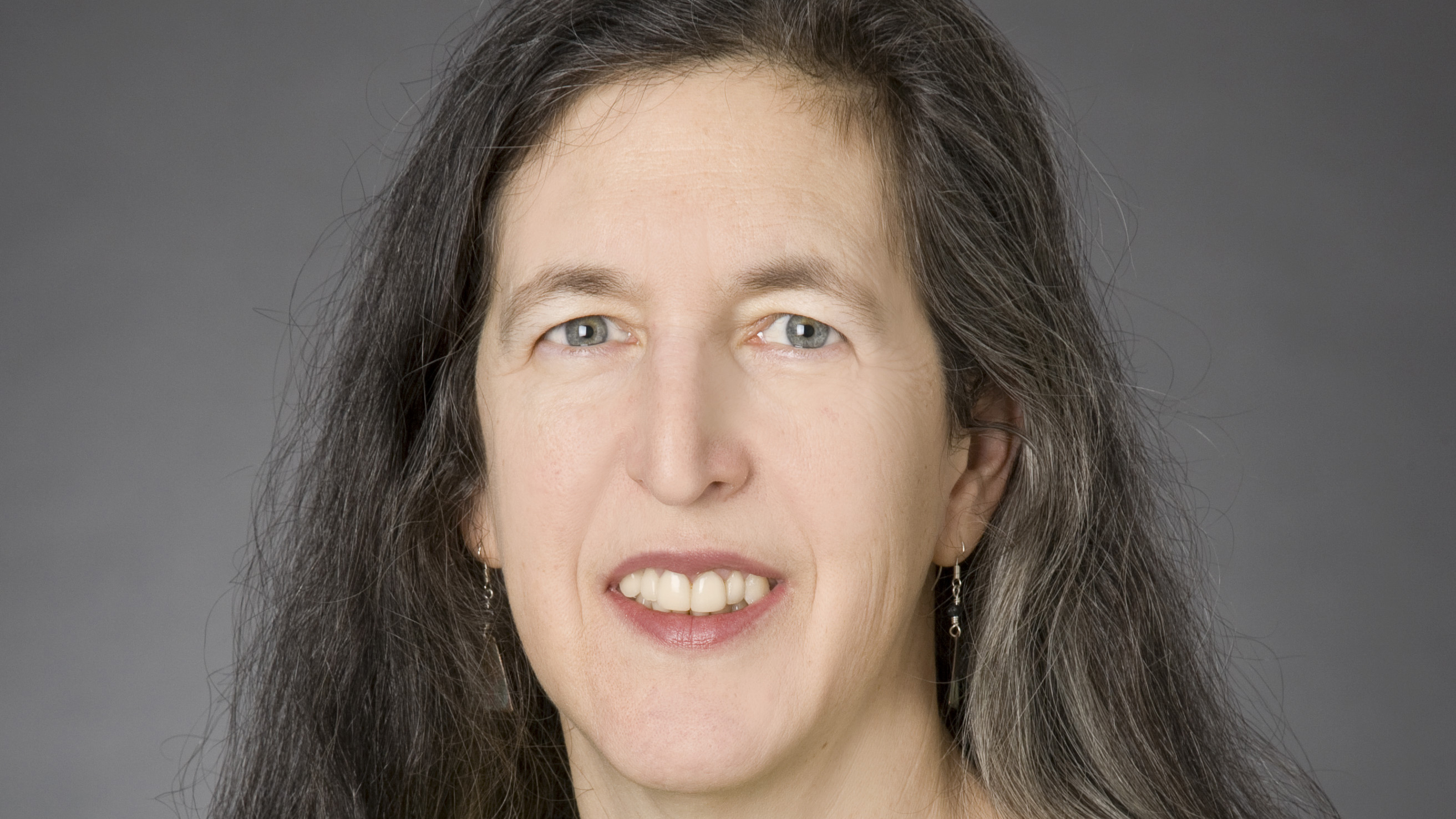Academia takes on the cyber security gender gap
A take by an NYU Polytechnic professor

If you are working in any information technology field, it will undoubtedly come as no surprise to you that there is a severe shortage of cyber security experts. One seemingly logical solution - raising the number of women in the workforce from today's 10-15% to something closer to the general workforce gender mix of 48% female - is proving far from easy. In recent years, academia has applied its research-and-experiment approach to the broader issue of how to attract women to computer science and engineering, and now steps are being made in the subset of cyber security, as well.
Diversifying the security workforce could well yield benefits beyond the simple number of cyber protectors, as suggested by a study conducted for our school's summer cyber security programs for high school girls and teachers: Females approach cyber security problems very differently than males, more like puzzles than a set of hurdles to overcome in a linear fashion. Which approach will better protect our infrastructure, personal lives, and national security? Well, both. Together.
Middle and high school appear to be crucial times to engage girls in computer science and engineering - and, by extension, cyber security. Girls who were fascinated by math and science in elementary school often choose other paths throughout middle or high school; by the time they apply to college, we have already lost most of them. Universities therefore have begun reaching out to young women well before they begin to seriously plan for college. The Chronicle of Higher Education reported on one Georgia Institute of Technology leader working with Girl Scouts and an MIT professor creating a kit of wearable computers. Black Girls Code engages girls in app-creating hackathons. And at our school, competitions involving digital forensics demonstrate how much fun this career can be: A generation raised on CSI and iPhones are understandably drawn to solving digital murder mysteries.
But what if the entryway into the profession of cyber security could be expanded? Surely some of America's research scientists, accountants, nurses, economic analysts, and others with strong mathematics backgrounds might be willing to join the career path with six-figure salaries that match those of males in the field. Contrary to common belief, cyber security can offer women something far afield from its testosterone-heavy "brogrammer" image: empathy.
"Working in cyber security is equivalent to protecting millions or even billions of people at the same time," says Eleni Gessiou, a former NYU Polytechnic School of Engineering student and now a security engineer at Facebook. "Doing the job well requires a certain level of compassion toward people, and I believe women can be just as capable if not more so in bringing those qualities to their work. Protecting people has been my motivation every day."
Gessiou will be among the women speaking at a unique gathering, "Career Discovery in Cyber Security: A Women's Symposium," being hosted at the NYU School of Engineering on October 17 and 18. She'll be joined by several other powerful women in the field - including IBM's chief information security officer and McAfee's senior vice president in charge of endpoint protection - to tell attendees about the challenges, opportunities, and benefits available to them. They will outline for students - but particularly for women in mid-career - the many paths that enable a switch to the field.
Other steps taken by universities include revamping introductory computer classes to nurture, rather than weed out, students of both genders who have not been coding since eighth grade. Some schools have transformed introductory programming-heavy classes into ones that tackle societal problems or issues of particular interest to women. Using a multi-pronged approach, one engineering school, Harvey Mudd, led by a woman president, increased its share of female computer science majors to some 40%.
Are you a pro? Subscribe to our newsletter
Sign up to the TechRadar Pro newsletter to get all the top news, opinion, features and guidance your business needs to succeed!
There may be some 1.2 million tech jobs open in the U.S. by 2022, and many of these will be in the burgeoning field of cyber security. I would encourage any woman interested in this vital, fascinating, and lucrative area to put on her white hat and start hacking.
For more information or to register for "Career Discovery in Cyber Security: A Women's Symposium," visit https://cybersymposium.isis.poly.edu.
- Phyllis Frankl is a professor in the Department of Computer Science and Engineering at NYU Polytechnic School of Engineering, in Brooklyn, NY. Her main research interests are in the area of software testing, including development of software testing tools, and comparing the effectiveness of software testing techniques. Her current work in that area focuses on developing techniques for testing database application programs, application security and privacy.